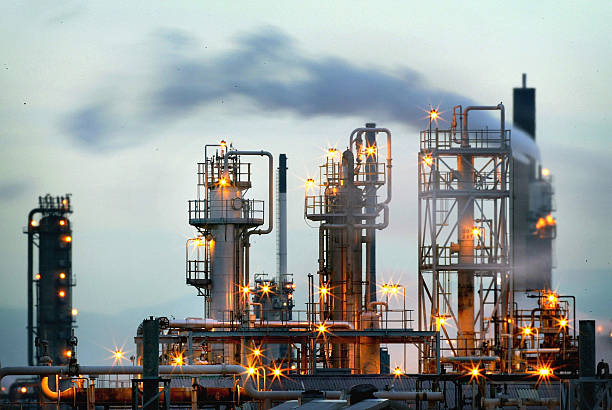WTI remains above $62.00, downside risks persist due to potential increase in OPEC+ supply

WTI price may come under pressure as investors evaluate the potential for an accelerated output increase by OPEC+.
Kazakhstan, an OPEC+ member, has indicated it cannot cut production from its major Oil fields and will prioritize national interests.
The downside of the Oil prices could be limited amid renewed optimism over potential US-China trade talks.
West Texas Intermediate (WTI) Oil price recovers its daily losses, trading around $62.20 per barrel during Thursday’s Asian hours. However, crude Oil prices face headwinds as investors assess the likelihood of an accelerated output increase from OPEC+, the Organization of the Petroleum Exporting Countries and its allies.
Oil prices dropped over 2% on Wednesday following a Reuters report suggesting that several OPEC+ members plan to propose boosting production again in June. Kazakhstan, a key OPEC+ ally, stated it cannot reduce output from its major Oil fields and will prioritize national interests in its production strategy.
Despite the downward pressure, crude prices found some support on hopes of renewed US-China trade negotiations. According to the Wall Street Journal, the White House may reduce tariffs on Chinese goods by up to 50% to facilitate talks.
US Treasury Secretary Scott Bessent acknowledged that current tariffs—145% on Chinese goods and 125% on US goods—are unsustainable and must be lowered for meaningful dialogue to begin. Meanwhile, National Economic Council Director Kevin Hassett cautioned that a comprehensive trade deal could take two to three years.
US President Donald Trump emphasized that tariff adjustments depend on China’s willingness to engage. "If we don't reach a deal, we're simply setting the price — then it's up to them to decide if they want to proceed," he said, adding that the current 145% rate remains in effect due to a lack of trade activity with China.
Elsewhere, market watchers are monitoring US-Iran talks set for the weekend, which could impact global supply if progress is made on limiting Iran's uranium enrichment. However, optimism was dampened after the US imposed new sanctions on Iran’s energy sector, prompting Tehran to accuse Washington of lacking seriousness in negotiations.
* The content presented above, whether from a third party or not, is considered as general advice only. This article should not be construed as containing investment advice, investment recommendations, an offer of or solicitation for any transactions in financial instruments.


